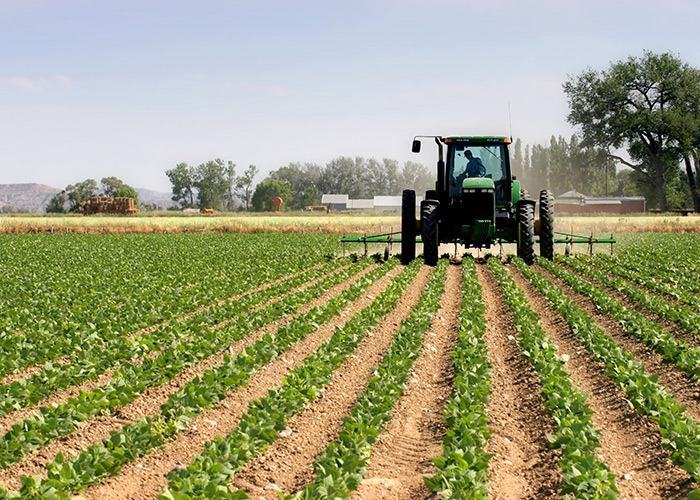April 18, 2013
 TEMPE, Ariz. — April 18, 2013 — The Phosphorus Sustainability Research Coordination Network (RCN) kicks off its first meeting in Washington, D.C. May 14-16 to address ongoing challenges in producing a sustainable global phosphorus system.
TEMPE, Ariz. — April 18, 2013 — The Phosphorus Sustainability Research Coordination Network (RCN) kicks off its first meeting in Washington, D.C. May 14-16 to address ongoing challenges in producing a sustainable global phosphorus system.
This is the first of five annual meetings of the Phosphorus Sustainability RCN designed to connect scientists and stakeholders across the world to find sustainable solutions that provide a secure food supply, protect fisheries, and maintain clean drinking water.
James Elser, a sustainability scientist at ASU’s Global Institute of Sustainability, serves as principal investigator of the RCN. Elser is also a Regents’ professor at ASU’s School of Life Sciences, with more than twenty years’ experience in phosphorus research.
“Phosphorus is a naturally occurring element essential for all life, including crops,” explains Elser. “The availability of cheap phosphate rock used to make fertilizers is increasingly uncertain. Meanwhile, phosphorus runoff from farms and cities pollutes lakes, rivers, and coastal oceans, causing harmful algal blooms that impair drinking water and kill fish and shellfish. Neither of these situations is desirable, but it would seem that by solving one, we might solve the other. For long-term sustainability, we need to make fertilizer by efficiently recycling phosphorus from the food system instead of mining increasingly scarce rocks. This will also keep our lakes and oceans clean.”
The RCN is a five-year project funded by the National Science Foundation’s Science, Engineering, and Education for Sustainability (SEES) program. Meeting stakeholders include the Environmental Protection Agency, the U.S. Department of Agriculture, the World Bank, nonprofits, food producers, water managers, and waste and recycling companies.
The Global Institute of Sustainability is the hub of ASU’s sustainability initiatives. The Institute advances research, education, and business practices for an urbanizing world. Its School of Sustainability, the first comprehensive program of its kind in the U.S., offers transdisciplinary degree programs to create practical solutions for environmental, economic, and social challenges. For more information, visit the Global Institute of Sustainability at http://sustainability.asu.edu.
###
Media Contact:
Tara Mogan
480-727-9447
602-885-5598 cell

